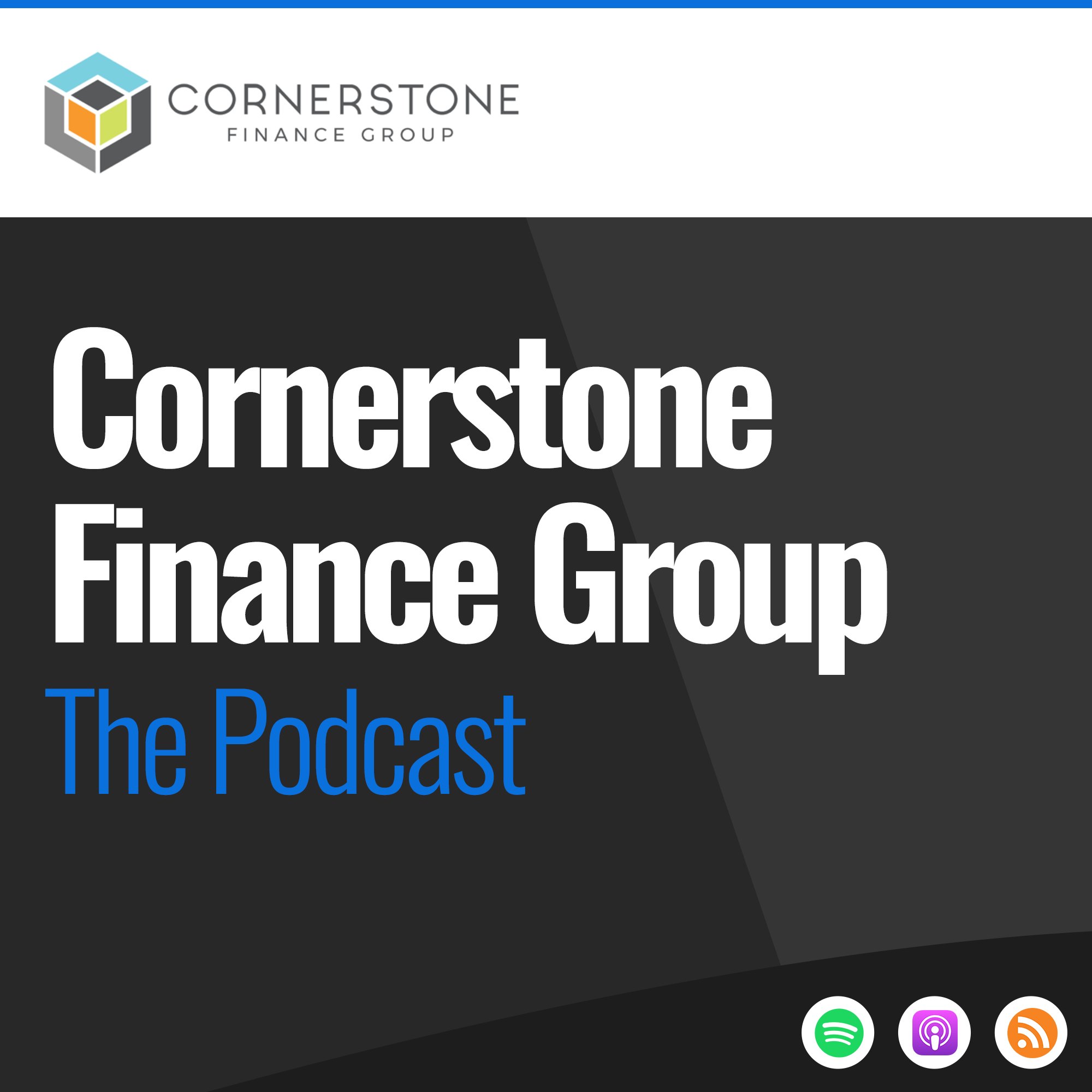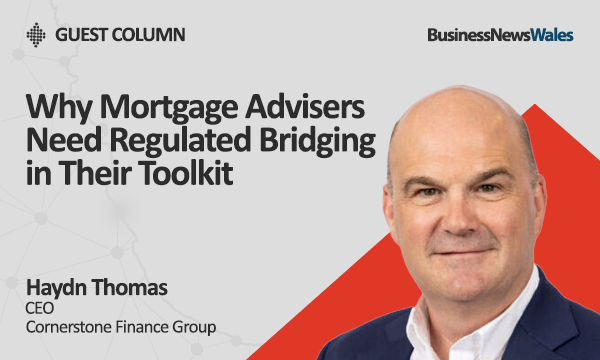
When we talk about protection in financial advice, most people immediately think of personal cover – policies that protect individuals and their families. But business protection deserves just as much attention, particularly for advisers who are already working with business owners and directors.
In many cases, it's the same underlying principle: protecting people. The difference is who ultimately benefits. With business protection, the aim is to ensure the business itself remains financially resilient in the face of unexpected events.
In practical terms, we’re still talking about insuring individuals just as we would with personal life cover or critical illness protection. The difference is that the business is the beneficiary. If a key person falls seriously ill or dies, the consequences can be significant: lost contracts, reputational damage, disruption to operations and, in some cases, the business itself failing. And when a business goes under, it doesn’t only affect the owner. There’s often a wider impact – on staff, customers, suppliers and families. So the conversation is broader, but no less important.
What often gets missed is that many mortgage advisers are already in front of business owners. These clients might be taking out a mortgage in their personal capacity, but a few simple questions can quickly establish whether there’s a business in the background – and with it, a range of potential risks. This doesn’t have to be a complex conversation. It can start small. A business loan protection policy or a basic key person arrangement is a perfectly reasonable first step.
There’s no shortage of opportunity. The vast majority of businesses in the UK are SMEs, and most are reliant on a small group of people to function. That makes them particularly vulnerable to disruption. Research shows that most business owners would prefer to get their advice from a financial adviser. Many already have done. But many more are still waiting to be asked the right questions.
The reality is that a lot of advisers still hesitate. Some worry that business protection is too complex or outside their area of comfort. In truth, it’s often no more difficult than personal protection, and in many cases the products are very similar. The important thing is to start the conversation. You don’t need to cover everything in one meeting. What matters is that clients understand the risk and know that there are solutions available.
It’s also worth remembering that business protection tends to be strong, long-term business. Once it’s in place, and assuming you continue to engage with the client, it tends to stay on the books. It’s less likely to lapse than personal cover, and the income tends to be higher. That’s good news for the adviser and, more importantly, it creates genuine value for the client.
That engagement is key. Just as with personal protection, regular reviews are essential. Families change, and so do businesses—often even more rapidly. A 12-month review is the minimum, and in some cases more frequent contact might be appropriate. These check-ins don’t just help to keep the cover relevant; they also reinforce the adviser-client relationship. If you don’t stay in touch, someone else will.
There is plenty of support available. At Cornerstone, we’ve supported advisers through this conversation many times, whether that’s through our own team or with the help of insurer business development managers and business protection specialists. We’ve run training sessions and one-to-one discussions, and we’re happy to keep doing so. The first step is simply to show a willingness to explore the subject.
For those just getting started, I’d recommend taking a look at your existing client bank. Most advisers are already sitting on opportunities – they just haven’t segmented the data. Use your CRM system to identify the business owners and directors. Understand where the potential lies, then make a plan to re-engage. It doesn’t have to be about offering a complex arrangement on day one. But opening the door to the conversation is a meaningful step – and one that can lead to long-term benefits for the client and the adviser alike.
Paul Morgan talks about this and more in the Cornerstone Finance Group podcast episode Advising on Business Insurance Needs. Listen to the podcast here.













